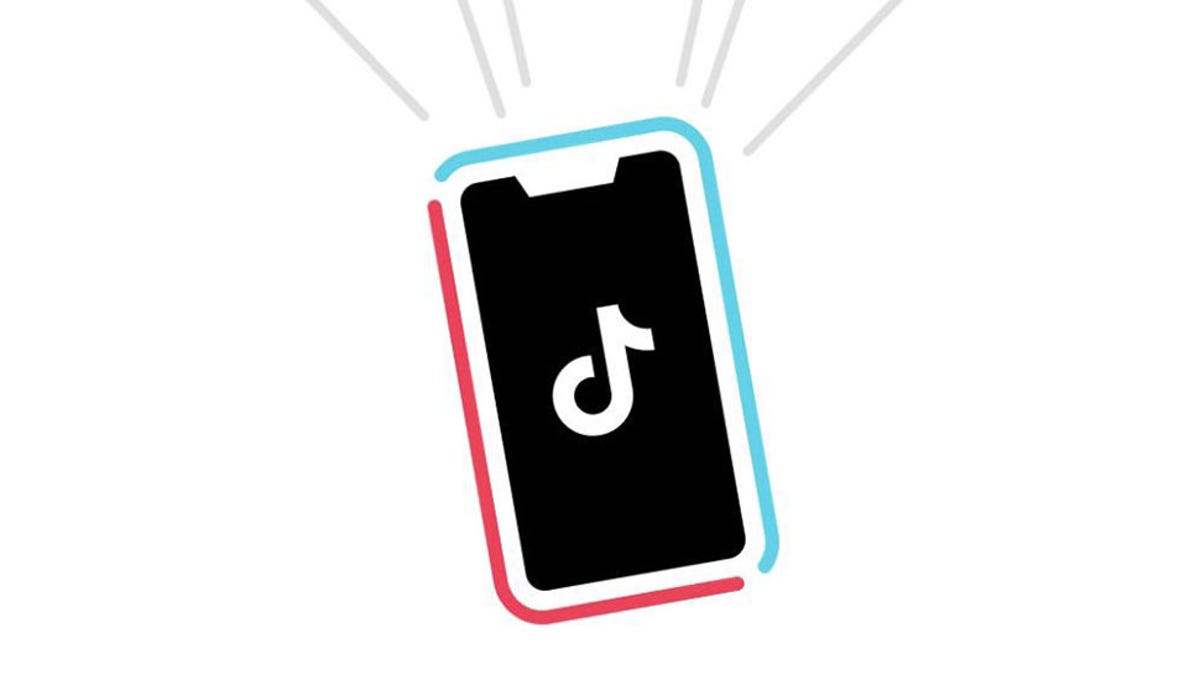TikTok Claps Back Against Senators' National Security Concerns - 3 minutes read
 TikTok Responds After Congress Raises National Security Concerns
TikTok Responds After Congress Raises National Security ConcernsTikTok aimed to “set the record straight” Thursday in a company blog post detailing its practices after Congress raised national security concerns about the viral video app among other China-owned properties earlier this week. In it, TikTok maintained that its focus is entertainment, not politics, and no foreign government has a hand in its moderation policies.
According to TikTok’s post, all U.S. user data is stored in America and backed-up on servers in Singapore. Since the company purportedly doesn’t maintain any data centers on Chinese soil, it’s not beholden to Chinese law.
“Let us be very clear: TikTok does not remove content based on sensitivities related to China. We have never been asked by the Chinese government to remove any content and we would not do so if asked. Period,” the post reads, refuting reports that TikTok censors content that may run counter to Chinese government propaganda, such as news on the ongoing Hong Kong protest or anything pro-LGBT.
“TikTok does not operate in China, nor do we have any intention of doing so in the future,” the post continues, though how that remains true when TikTok’s parent company, ByteDance, is based in Beijing isn’t explained. When asked about this, a TikTok spokesperson told Gizmodo that since the app isn’t available in China, its users, content, and data aren’t connected to ByteDance’s other products in the country. One of these products, Douyin, a similar app ByteDance made specifically for China’s market, does house data within the country, but these servers purportedly don’t overlap with TikTok’s own.
On Wednesday, senators Chuck Schumer (D-NY) and Tom Cotton (R-AR) sent a letter asking Acting Director of National Intelligence Joseph Maguire to investigate possible cybersecurity threats posed by the app, which boasts 110 million downloads in the U.S. alone and more than 1 billion downloads globally. Senator Marco Rubio (R-FL) raised similar concerns earlier this month when he requested a federal review of the company’s 2017 acquisition of Musical.ly, a karaoke app TikTok later absorbed, userbase and all, in a move to crack the U.S. market.
And Congress isn’t the only one on edge when it comes to Chinese tech companies. Earlier this month, the Department of Commerce added 28 agencies to its growing “blacklist” of Chinese companies banned from U.S. business ventures, a move Cotton applauded as a strike against the “Communist Party’s dystopian surveillance state.”
Source: Gizmodo.com
Powered by NewsAPI.org
Keywords:
Tik-Tok (Oz) • National security • Tik-Tok (Oz) • Blog • National security • Viral video • China • This Week (ABC TV series) • Tik-Tok (Oz) • Politics • Government • Internet forum • Tik-Tok (Oz) • Personally identifiable information • Server (computing) • Singapore • Company • Data center • Chinese law • Tik-Tok (Oz) • China • Government of China • Tik-Tok (Oz) • Censorship • Government of China • Propaganda • News broadcasting • Hong Kong • LGBT • Tik-Tok (novel) • China • Tik-Tok (novel) • Beijing • Tik-Tok (novel) • Gizmodo • Mobile app • China • Mobile app • China • Tik-Tok (Oz) • United States Senate • Chuck Schumer • Tom Cotton • Director of National Intelligence • Joseph Maguire • Computer security • United States Senate • Marco Rubio • Florida • Musical.ly • Karaoke • Tik-Tok (Oz) • Chinese Americans • United States Department of Commerce • Blacklisting • Chinese Americans • Cotton • Strike action • Communist party • Dystopia • Mass surveillance •